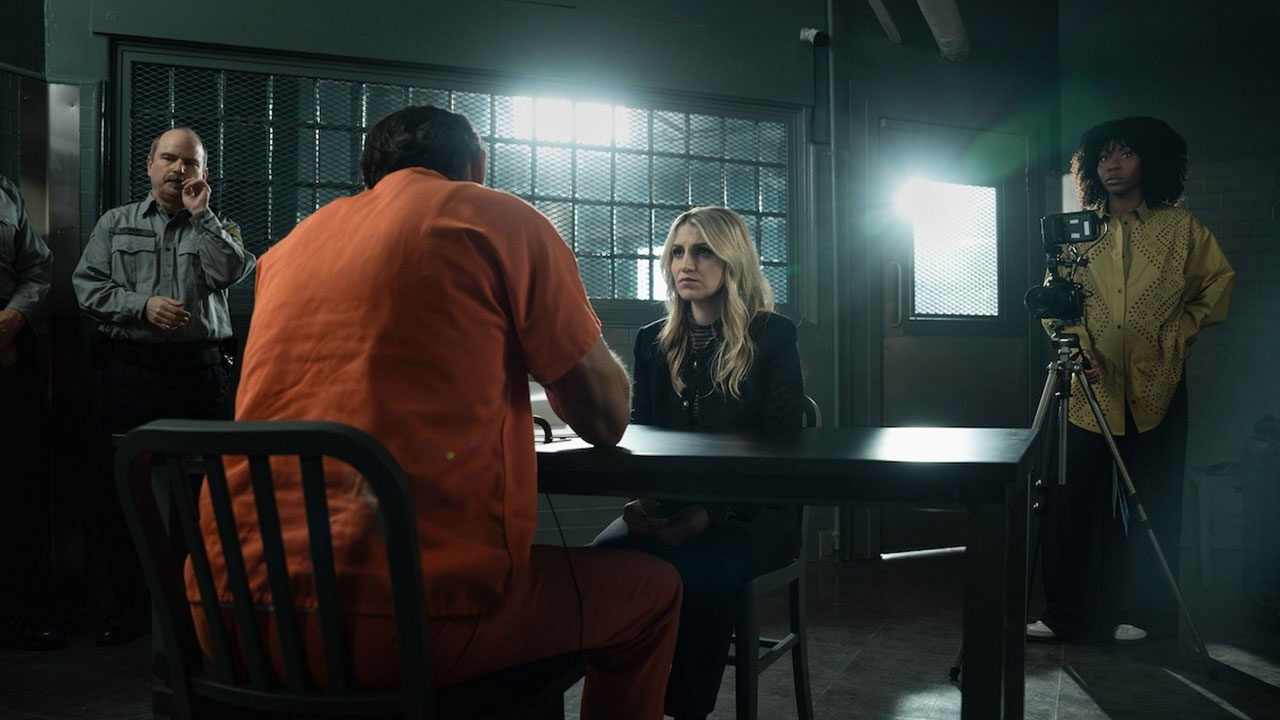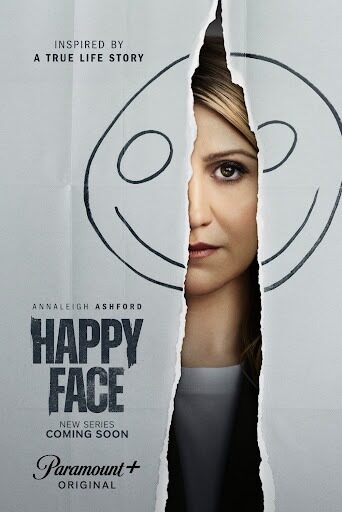In a landscape saturated with dull shows claiming to be based on a true-life story, Paramount+’s new series Happy Face manages to offer a refreshingly different perspective on the genre. Rather than focusing primarily on the killer or the investigation, the series explores the ripple effects of violence through the eyes of a murderer’s daughter. Set to premiere on March 20, Happy Face stars Annaleigh Ashford and Dennis Quaid in a heart-wrenching tale that is both an intimate family drama and a tense look at the people behind the crimes.
In what seems too strange to be true, Happy Face is, in fact, inspired by the real-life story of Melissa Moore, whose father, Keith Hunter Jesperson, a convicted serial murderer known as the Happy Face Killer for the smiley faces he drew on his confession letters. The series follows Melissa Reed (Ashford) as she navigates life while hiding her past as the daughter of the notorious killer.

Having severed ties with her father (Quaid) and changed her name, Melissa has built a seemingly normal life as a makeup artist for The Dr. Greg Show, a daytime health and wellness program in the style of Dr. Phil. he lives with her husband, Ben (James Wolk), their teenage daughter Hazel (Khiyla Aynne), and nine-year-old son Max (Benjamin Mackey).
“Happy Face could have easily been another police procedural that neglects the humanity behind the crimes, but it goes above and beyond, transforming the high-stakes premise into a deeply personal journey.”
This newly built life is working out well—at least until the carefully constructed wall between Melissa Reed’s past and present comes crashing down. Her father, currently serving a life sentence for his crimes, reaches out from prison with a shocking revelation: he claims responsibility for a ninth murder victim and offers crucial evidence that could potentially exonerate an innocent man on death row. As much as Melissa wants to avoid the issue and stay focused on her life, she feels it is her responsibility and is compelled to revisit the trauma she has spent decades trying to escape—while racing against time to prevent another injustice.
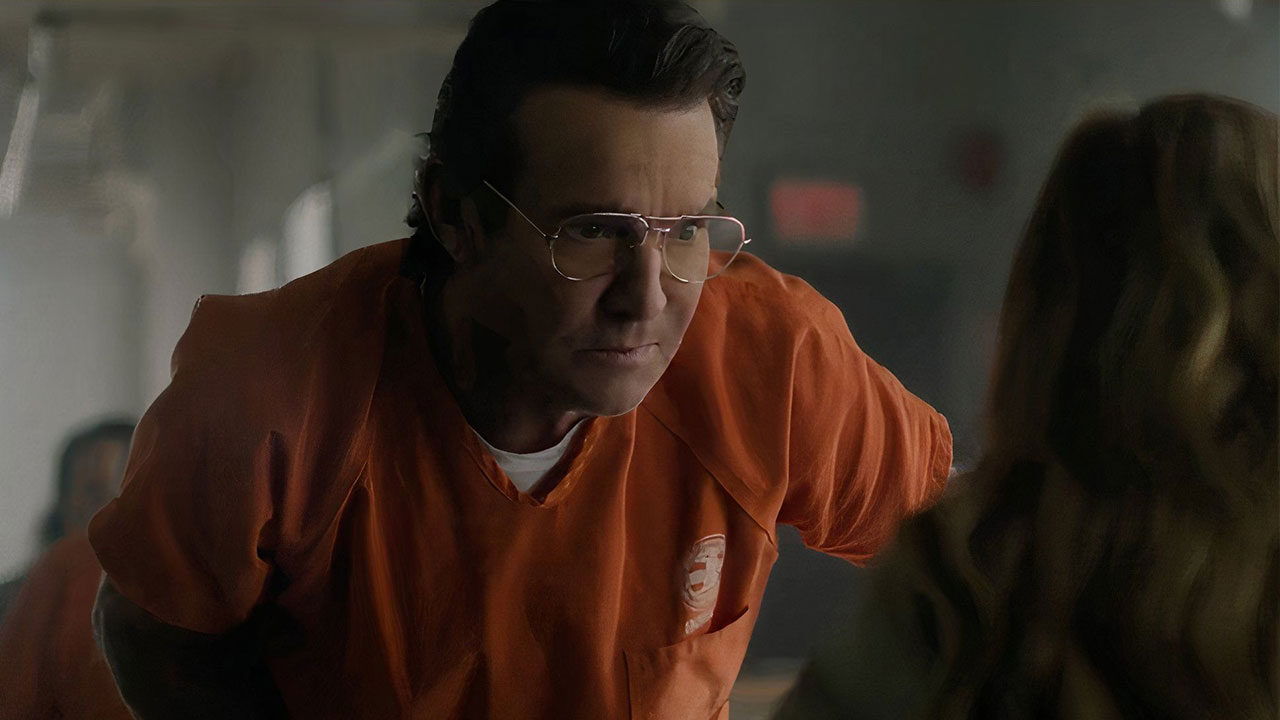
Happy Face could have easily been another true crime thriller that neglects the humanity behind the crimes, but it goes above and beyond—transforming the high-stakes premise into a deeply personal journey. As Melissa investigates her father’s claims with the help of Ivy Campbell (Tamera Tomakili), the producer at the TV show, she must confront not only the monster who raised her but also the fears and demons she has long repressed. Happy Face expertly explores how trauma spreads across generations, creating an emotional resonance that transcends typical true crime narratives.
Dennis Quaid delivers a truly mesmerizing and often unhinged performance as Keith Jesperson. The veteran actor captures the unsettling duality of the character—at once the charming, plaid-shirt-wearing dad from Melissa’s childhood memories and the manipulative, dangerous predator he truly is. Quaid’s portrayal is all the more chilling for its normalcy, with his seemingly warm paternal demeanour capable of shifting to venomous rage in an instant when challenged.
Annaleigh Ashford brings the same level of intensity to her role as Melissa but in a much more personal way. I have only seen Ashford in a few roles, including Masters of Sex, but she takes to this role with vigour, portraying a woman trying to reconcile the loving father she thought she knew with the monster he actually was. She carries the emotional weight of the series with a grounded authenticity that makes Melissa’s struggle profoundly relatable despite its extraordinary circumstances.
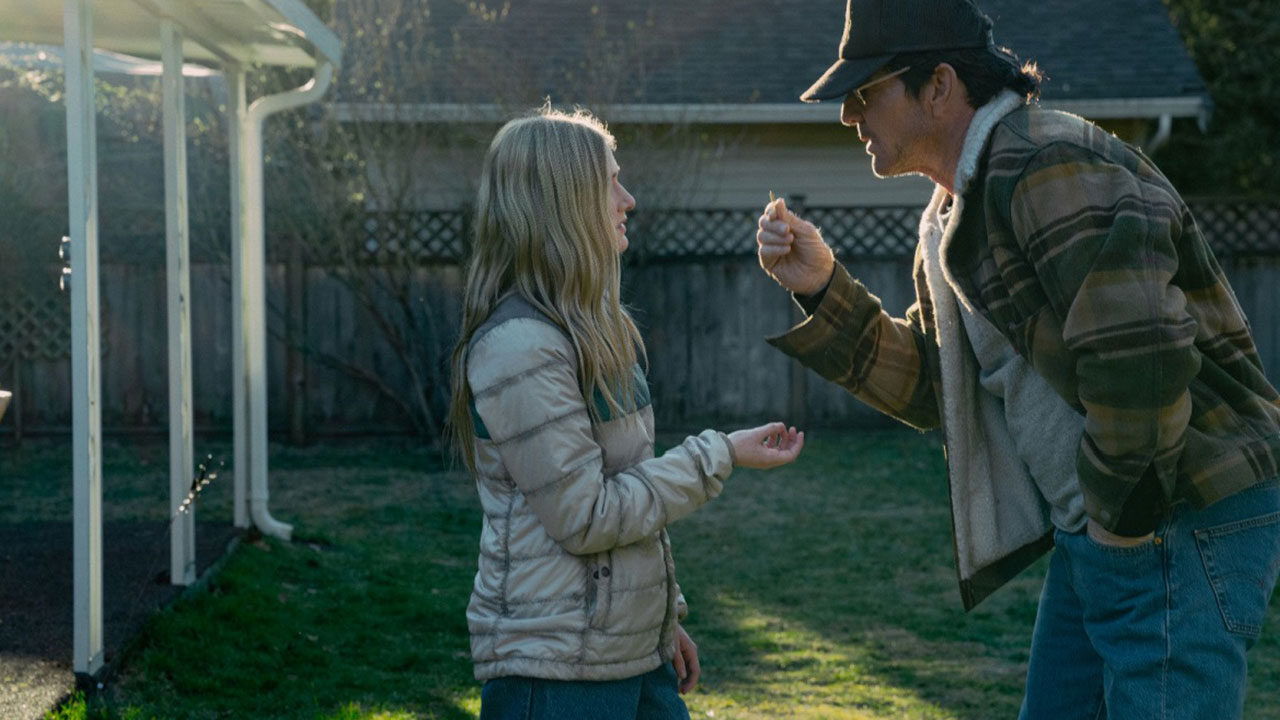
What is even better is the chemistry between Ashford and Quaid is electric, particularly in their prison scenes together, which evoke the psychological cat-and-mouse dynamic of Clarice Starling and Hannibal Lecter but with the added complexity of a real father-daughter relationship. Their interactions are layered with tension, fear, and resentment, which feel authentic and raw with emotion.
What sets Happy Face apart from standard crime series is its willingness to examine our culture’s obsession with serial killers. Through the character of Eva (Momona Tamada), Hazel’s friend and a self-identified true crime fanatic, the series critiques the celebrification of murderers—and the way society often remembers their names while forgetting their victims.
“…what elevates Happy Face beyond standard crime series is its willingness to examine our culture’s obsession with serial killers.”
I also appreciate how the show explores media exploitation through Dr. Greg (David Harewood), whose therapeutic-sounding questions mask a hunger for ratings-generating sensationalism. These meta-textual elements give Happy Face a self-awareness that feels particularly relevant in our true crime-saturated media landscape. That said, I wish the series explored this aspect more. It is touched on but feels as though it wants to have its cake and eat it, too, never standing firm on what the right moral choice should be.
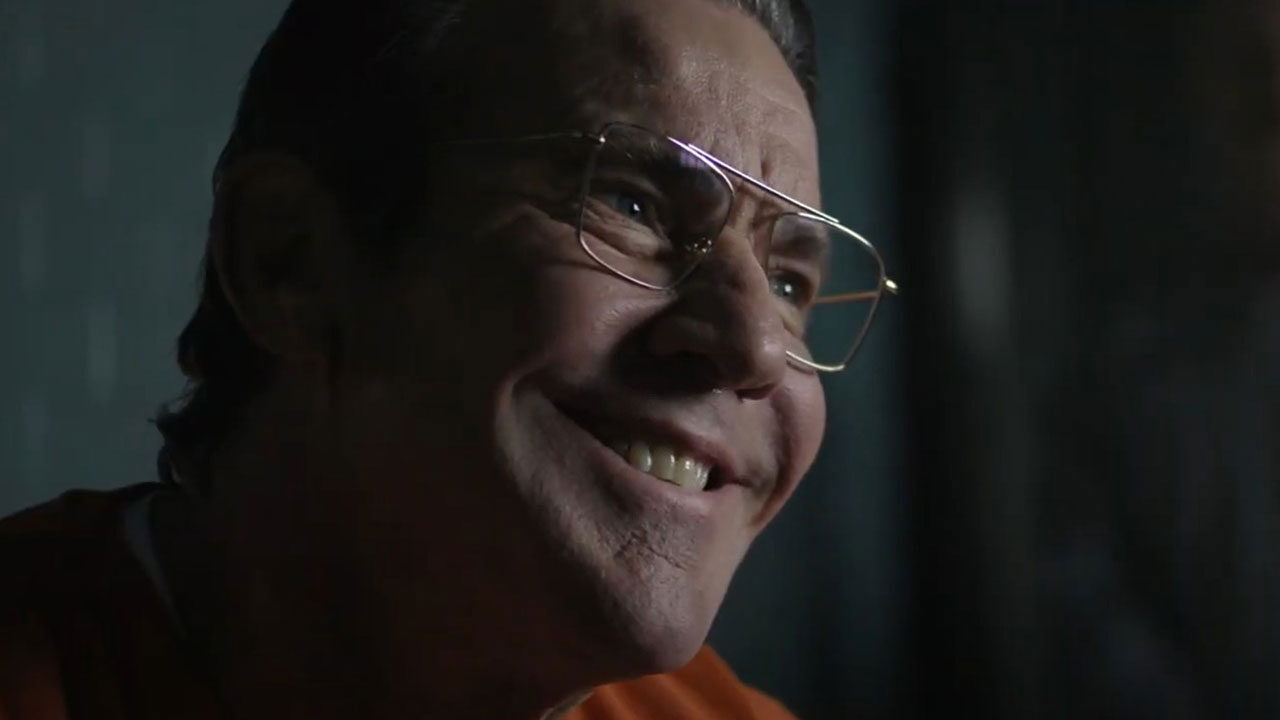
Despite how much I enjoyed the series, Happy Face has its fair share of problems that hold it back from true greatness. The series takes some time to find its footing, with early episodes feeling disconnected and containing a fair amount of padding. The central mystery involving Jesperson’s alleged ninth victim stretches thinner than it should across multiple episodes, making the overall series feel a bit drawn out.
Also, the subplot involving Hazel’s high school struggles feels tonally disjointed from the main plot. While it works as a counterpoint to the main action, it never quite manages to stick the landing in a meaningful way.
Despite some issues, Happy Face succeeds as both a compelling drama and a thoughtful examination of how we process and consume stories of real-life bloodshed. By focusing on the survivor’s perspective rather than glorifying the killer, the series offers a corrective to the more exploitative examples of the genre. Happy Face is well worth watching, if for nothing more than its masterclass performances in strength, determination and will.
Happy Face premieres with its first two episodes on Paramount+ on March 20, 2025, with subsequent episodes releasing weekly on Thursdays through May 11.
